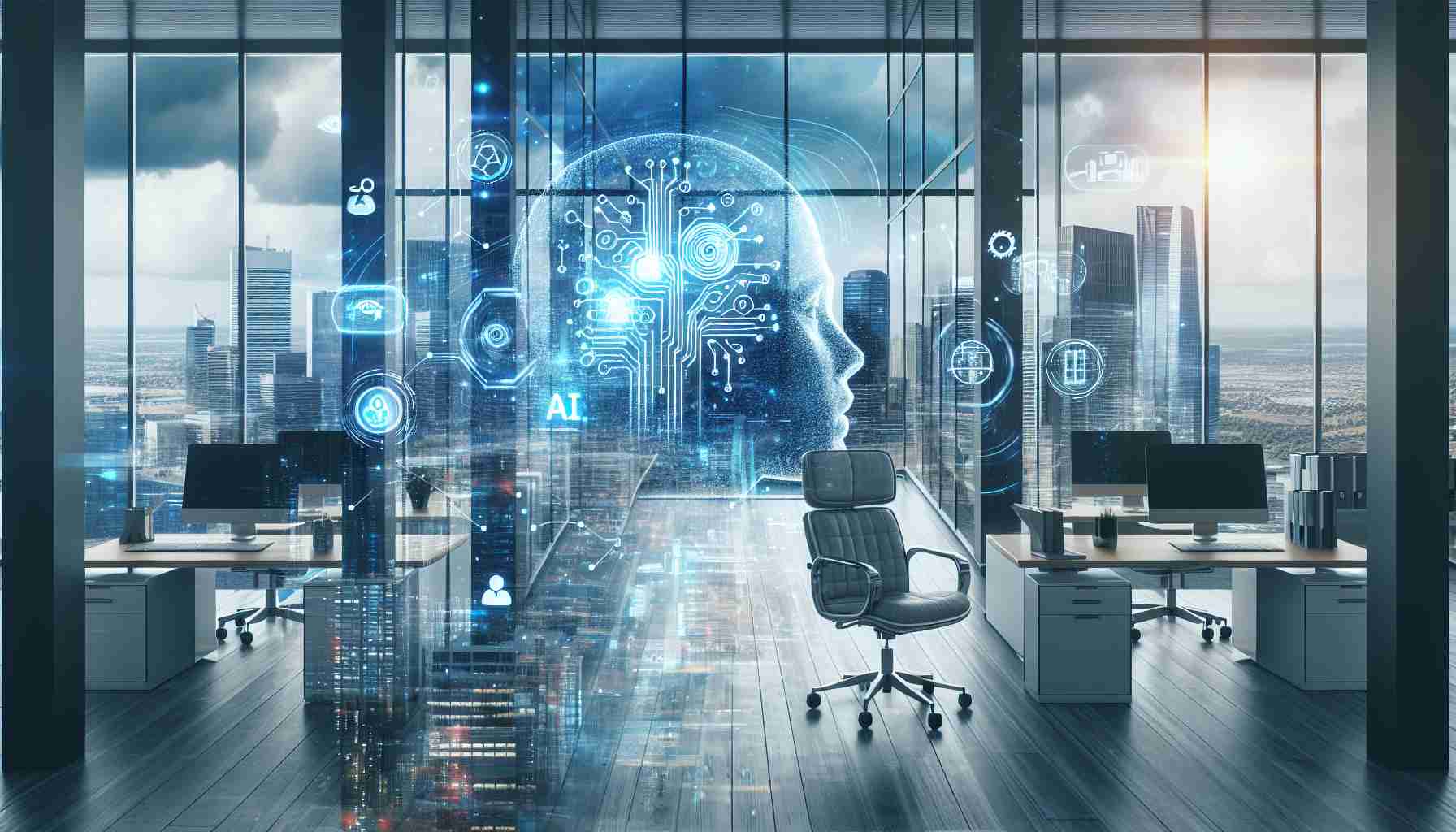Generative AI is revolutionizing the way employees carry out their tasks and is expected to have a significant impact on various industries. While it may not completely eliminate jobs, this transformative technology will undoubtedly redefine roles and responsibilities in the workplace.
In a world where automation and artificial intelligence continue to advance rapidly, the term “superfluous people” has gained attention. This phrase alludes to the potential displacement of workers due to the rise of generative AI. While concerns about job security are valid, it is vital to understand that this technology is not necessarily a threat but rather an opportunity for growth and innovation.
Generative AI refers to the use of artificial intelligence systems to create new content, such as artwork, music, or even text. It utilizes algorithms to analyze patterns and generate original output that is indistinguishable from human-created content. This advancement has immense implications for various professions.
While some may fear that generative AI will render jobs obsolete, it is more likely that it will enhance productivity and efficiency. Rather than replacing employees, this technology will augment their capabilities by automating mundane and repetitive tasks. By offloading such responsibilities, workers will have more time and mental capacity to focus on higher-level decision-making and creative problem-solving.
Middle managers, for example, can benefit significantly from generative AI. The technology can assist with data analysis, trend identification, and forecasting, enabling managers to make informed decisions swiftly. It can also help automate administrative tasks, allowing managers to allocate their time strategically across various projects and initiatives.
In the legal field, generative AI can revolutionize the way lawyers conduct research and draft legal documents. By analyzing vast amounts of legal precedents and relevant data, AI-powered systems can provide lawyers with valuable insights and suggestions. This streamlines the legal process, improves accuracy, and reduces the time spent on routine tasks.
However, it is crucial to address the concerns and potential challenges associated with generative AI. Ethical considerations, such as data privacy, bias, and accountability, must be taken into account. It is the responsibility of both organizations and regulators to ensure that such technologies are implemented thoughtfully and ethically.
FAQ:
Q: Will generative AI completely replace human workers?
A: No, generative AI is more likely to enhance human capabilities rather than completely replace them. It will automate repetitive and mundane tasks, freeing up time for employees to focus on more complex and creative endeavors.
Q: How can generative AI benefit middle managers?
A: Generative AI can assist middle managers with data analysis, trend identification, and forecasting, enabling faster and more informed decision-making. It can also automate administrative tasks, allowing managers to allocate their time strategically.
Q: What impact will generative AI have on the legal profession?
A: Generative AI can revolutionize the legal field by streamlining legal research and document drafting. The technology can analyze vast amounts of legal data and provide lawyers with valuable insights and suggestions, improving accuracy and efficiency.
Sources:
– Financial Times
Definitions:
– Generative AI: Refers to the use of artificial intelligence systems to create new content, such as artwork, music, or text, by analyzing patterns and generating original output that is indistinguishable from human-created content.
– Superfluous people: A phrase alluding to the potential displacement of workers due to the rise of generative AI.
– Automation: The use of technology and machines to perform tasks or processes without human intervention.
– Artificial intelligence (AI): Refers to the simulation of human intelligence in machines that are programmed to think and learn like humans.
– Job security: The assurance that one’s job is stable and not under immediate threat of being eliminated.
Suggested related links:
– MIT Technology Review – Artificial Intelligence
– World Economic Forum – Artificial Intelligence and Robotics
The source of the article is from the blog mendozaextremo.com.ar

